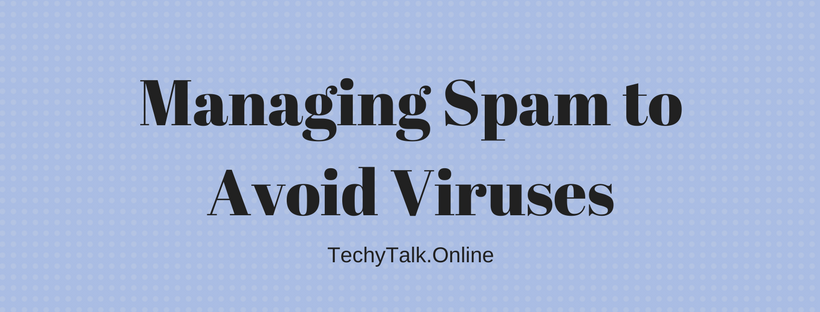
Managing Spam to Avoid Viruses: Although spam is not truly a virus or a hoax, it is one of the most annoying things with which an administrator must contend.
Spam is defined as any unwanted, unsolicited email, and not only can the sheer volume of it be irritating, but it can also often open the door to larger problems.
For instance, some of the sites advertised in spam may be infected with viruses, worms, and other unwanted programs.
If user begins to respond to spam by visiting those sites, then viruses and other problems will multiply in your system.
NOTE: There are numerous antispam programs available, and users as well as administrators can run them. False positives are one of the biggest problems with many of these applications:
The will occasionally flag legitimate email as spam and stop it from being delivered. You should routinely check your spam folders and make sure that legitimate email is not being inadvertently flagged as junk and held there.
Just as you can, and must, install good antivirus software programs, you should also consider similar measures for spam.
Filtering the messages out and preventing them from ever entering the network is the most effective methods of dealing with the problem.
Recently the word spam has found its way into other forms of unwanted messaging beyond email, giving birth to the acronyms SPIM (spam over instant messaging) and SPIT (spam over Internet telephony).

![Bykea Had Publicly Exposed 400+ Million Users Data Including [CNIC, Address, License] ETC](https://www.techietalks.online/wp-content/uploads/2021/02/Bykea-Data-Breached.png)


One Comment